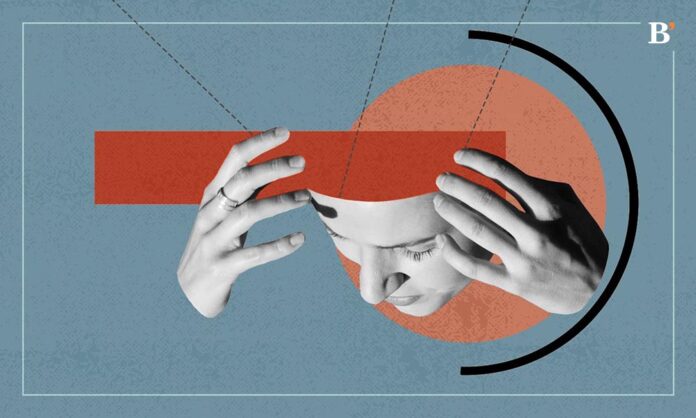Key Highlights
- Gaslighting involves deliberate manipulation to make someone question their sanity, leading to lasting trauma and mental health challenges.
- It can result in anxiety, depression, and low self-esteem, making it crucial to recognize the signs, seek support, and validate one’s experiences for recovery.
Gaslighting is a type of mistreatment characterized by an individual intentionally manipulating another person’s perception of reality, leading them to question their sanity. This insidious behaviour can evoke emotions of bewilderment and helplessness. The repercussions of gaslighting can manifest as lasting trauma, anxiety, and persistent depression.
What is Gaslighting?
Gaslighting is a form of psychological manipulation in which a person or group makes someone question their sanity, memories, or perception of reality. It can have a major impact on the mental health of an individual.
Effects of Gaslighting
People who experience gaslighting can be affected by the following:
- Anxiety: They often feel confused, anxious, and stressed. They may start to question their judgment and sanity and become afraid to speak up or express their opinions. It can lead to feelings of isolation and despair.
- Depression: People who experience gaslighting may feel hopeless, worthless, and helpless. They may lose interest in activities they used to enjoy, and they may have trouble sleeping or concentrating. Depression can make it difficult for people to function in their daily lives, and it can even lead to thoughts of suicide.
- Low self-esteem: They may start believing they are crazy, stupid, or worthless, which can lead to low self-esteem, making it difficult to cope with the other effects of gaslighting.
- Post-traumatic stress disorder (PTSD): PTSD is a mental health disorder that can develop after a person experiences a traumatic event. Symptoms of PTSD can include flashbacks, nightmares, anxiety, and depression.
Gaslighting can also make it difficult for people to trust themselves and others, damaging their relationships. It can make people more vulnerable to emotional abuse. Victims may start to believe that they are crazy or that their feelings are invalid. This can make it difficult to escape the abuse or seek help.
What To Do To Recover From Gaslighting?
It is highly important to raise awareness about gaslighting and its devastating consequences.
- Mental health professionals emphasize the importance of self-validation, building a strong support network, and seeking therapy as a means of recovery.
- Recognizing the signs of gaslighting early on can empower individuals to protect their mental well-being and establish healthier boundaries.
If you are being gaslighted, it is crucial to seek help. Many resources are available to help you cope with the effects of gaslighting and rebuild your sense of self. You can talk to a therapist, join a support group, or read self-help books.
FAQs
- How does gaslighting impact mental health?
Gaslighting can lead to lasting trauma, heightened anxiety, depression, and low self-esteem. It can also contribute to conditions like post-traumatic stress disorder (PTSD).
- Can gaslighting damage relationships?
Yes, gaslighting can damage relationships by eroding trust and making it difficult for the victim to trust themselves and others.
- What can I do if I am being gaslighted?
If you are being gaslighted, it is important to seek help. Many resources are available to help you cope with the effects of gaslighting and rebuild your sense of self. You can talk to a therapist, join a support group, or read self-help books.




